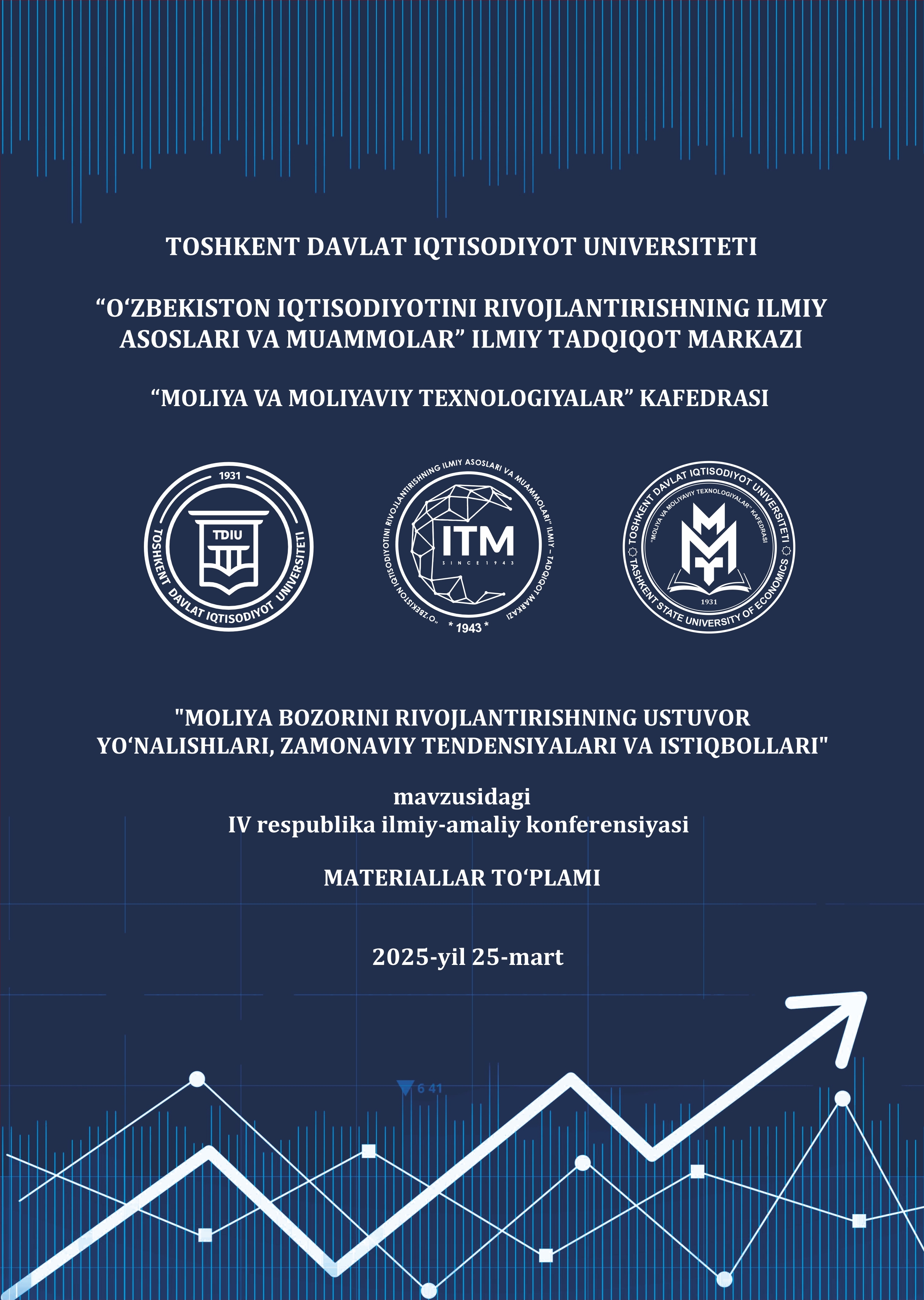TRANSITION TO GREEN ECONOMY THROUGH GREEN FISCAL INSTRUMENTS IN UZBEKISTAN
DOI:
https://doi.org/10.60078/2025-vol4-iss1-pp47-50Abstract
Climate change presents a global challenge, necessitating country-specific responses to mitigate its impacts. Uzbekistan, heavily reliant on water resources, faces significant environmental challenges due to unsustainable irrigation practices, energy-intensive agricultural production, and fossil fuel dependency. This paper explores Uzbekistan’s transition to a green economy through the implementation of green fiscal instruments such as carbon taxes, green subsidies, and environmental taxation. The effectiveness of these instruments is analyzed in the context of international experiences, policy frameworks, and Uzbekistan’s economic and environmental objectives. The study also evaluates ongoing reforms, including the Uzbekistan 2030 Strategy, and their role in fostering economic sustainability, reducing greenhouse gas emissions, and improving resource efficiency.
References
Bowen, A., & Hepburn, C. (Year). Title of Work. Publisher.
Fullerton, D. (Year). Title of Work. Publisher.
Jacobsson, S. (Year). Title of Work. Publisher.
Milne, G., & Villarroel Ordenes, F. (Year). Title of Work. Publisher.
Parry, I. (Year). Title of Work. Publisher.
Pearce, D. (Year). Title of Work. Publisher.
Searchinger, T. (Year). Title of Work. Publisher.
Zhang, X. (Year). Title of Work. Publisher.
Uzbekistan Presidential Decree No. PF-60 (2022)
Uzbekistan Strategy 2030 No. PF-158 (2023)
Downloads
Published
How to Cite
Issue
Section
License
Copyright (c) 2025 Madina Yuldasheva

This work is licensed under a Creative Commons Attribution 4.0 International License.


